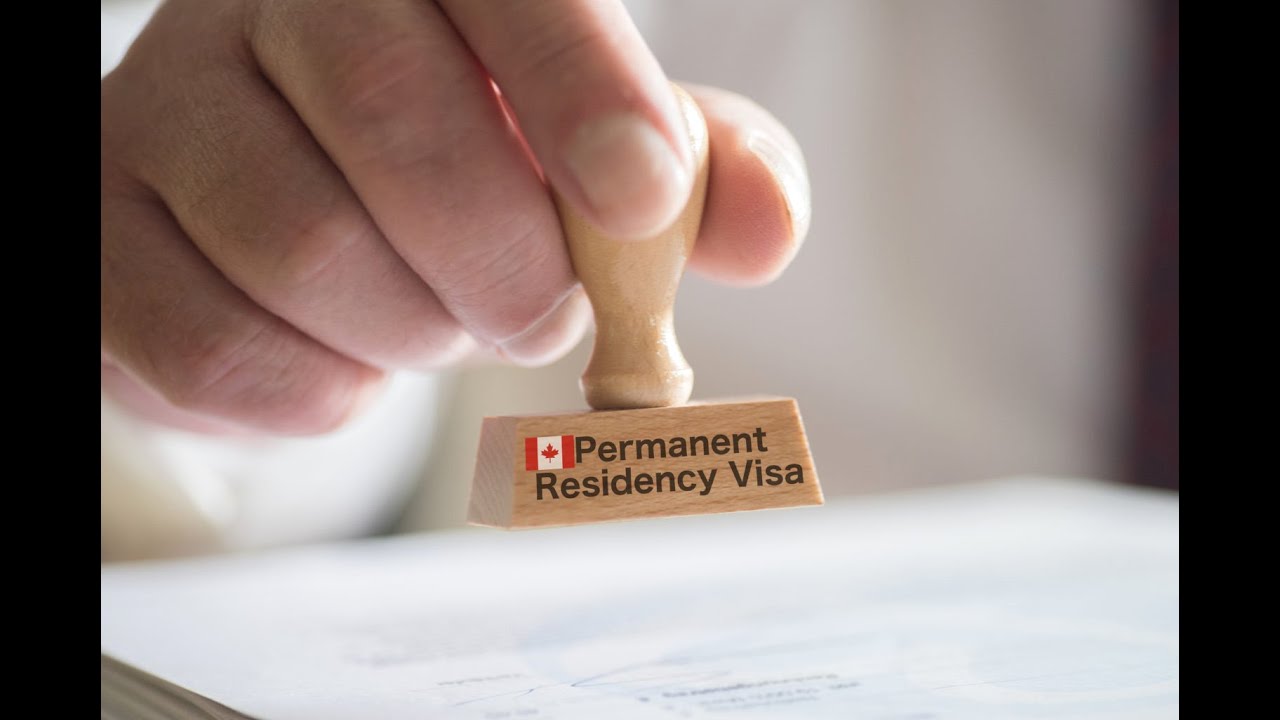Canada’s Permanent Residence (PR) program is one of the most sought-after immigration paths in the world, which gives the right to live, work, and study anywhere in the country. From a legal point of view, to obtain PR meets to meet strict qualification requirements, present accurate documents and comply with the Canadian Immigration Act. Not only does a well -prepared application improve the opportunities for approval, but also take protection measures against delays or refugees.
This article emphasizes the most important legal routes for PR, required requirements and compliance tips to help applicants successfully navigate the process.
Understand Canadian Permanent Stay
A resident is one who has been given legal rights to live indefinitely in Canada, but which is not yet a Canadian citizen.

PR Comes with Status:
- Right to work and study in any province or field
- Access to most social benefits, including health services
- Protection under Canadian law and the charter for rights and freedom
- However, PR holders must complete citizen obligations (at least 730 days in Canada) to maintain their position (at least 730 days in Canada).
The Most Important Legal Route for Canadian Per
1) Express Entry System
Express Entry System is a digital immigration process for skilled workers under three federal programs:
- Federally skilled activist program
- Federally skilled trade program
- Canadian Experience Class (CEC)
Legal Considerations:
- Complements minimum language requirements (ielts or celpip for English, TEF for French)
- Claim
- Presenting accurate information in the Express Entry profile- 5 years can be prohibited from misrepresentation
2) Provincial Nomination Program (PNP)
Each province and region (except Quebec) can nominate candidates for PR based on local labor market needs.
Legal Considerations:
- You must show the intention to stay in the nomination province
- Complete provincial-specific selectability criteria
Fill both provincial and federal acceptance requirements
3) Family Square
Canadian citizens and PR holders can sponsor some family members, including spouses, general legal partners, dependent children, parents and grandparents.
Legal Considerations:
- Sponsors should meet minimum income requirements
- SPOS appointments are legally binding up to 20 years (based on a relationship)
- False conditions can be allegations of refusal to provide evidence and potential fraud
4) Quebec Immigration Program
- Quebec manages its own talented activist programs. Candidates must first get a Certificate Day Selection do Quebec (CSQ) before applying for per Federly.
Legal Considerations:
- Compliance with the language and integration requirements of Quebec
- Maintenance
5) Trade Immigration
Entrepreneurs, investors and self -employed people can qualify during federal or provincial business immigration sections.
Legal Considerations:
- Proof of the source of valid business and money
- Investment threshold and obligations
- Provides transparent financial documentation
Key Legal Requirements for PR Applicants
1) Admissibility
All PR applicants must be admissible to Canada.
- Reasons for inadmissibility include:
- Criminal convictions
- Medical conditions that pose a public health risk or cause excessive demand on healthcare
- Misrepresentation of facts
2) Proof of Funds
Applicants under most economic streams must show sufficient settlement funds.
- Funds must be:
- Readily available
- Free from debts or liens
- Held in the applicant’s name
3) Language Proficiency
- Meeting the Canadian Language Benchmark (CLB) requirements is mandatory for most PR programs.
4) Documentation Accuracy
Common legal issues arise when:
- Dates and job titles in work references do not match supporting evidence
- Translations are not certified
- Documents are expired or invalid
Legal Tips for a Strong PR Application

Check the Program’s Eligibility Before Applying
- Consider your profile against the official IRCC criteria to avoid wasting time and duty.
Maintain Honesty and Openness
- Wrong seriousness, even unintentionally, may result and a long restriction.
Fulfills Tempts
- IRCC requests often have a tough deadline; They may be automatically denied to remember.
Update IRCC on Changes
- Marital status, job change, or address updates should be communicated immediately.
Consider Legal Representation
- Having a licensed Canadian immigration lawyer or regulated Canadian immigration advisor (RCIC) can help to comply and protect your rights.
After Receiving Per
Once you Have Received Per:
- Take your PR card for re-entry to Canada
- Complete housing obligation (730 days in 5 years)
- Keep a pure record to qualify for citizenship after meeting the requirements of physical appearance
Last Word
From a legal perspective, it is a permanent stay in Canada to meet program -specific norms, in accordance with federal and provincial laws and secure complete and true applications. By following the rules, preparing accurate documents and looking for professional guidance if necessary, applicants can increase the opportunity to succeed in making Canada’s permanent house.

